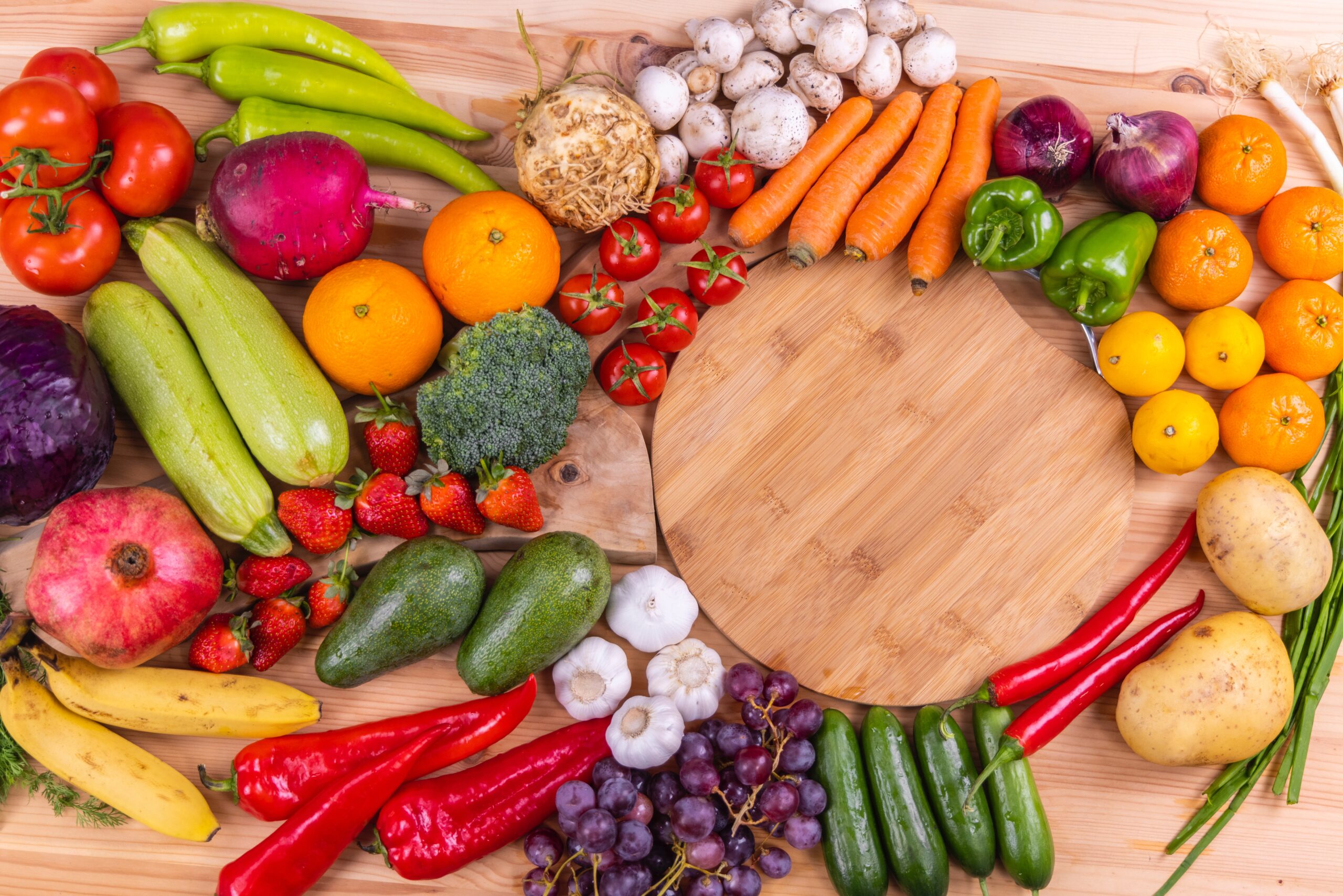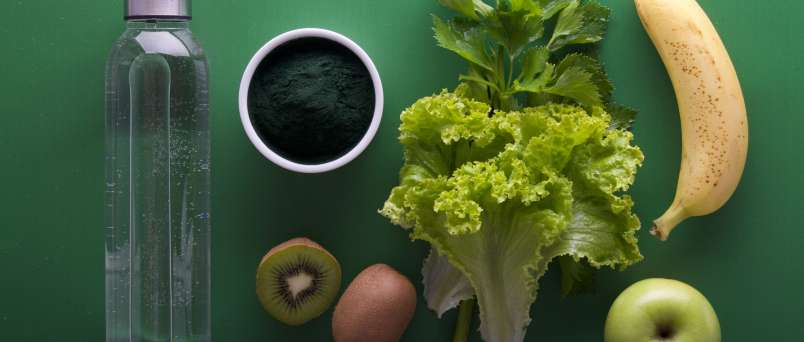Relationship Between Addiction and Nutrition
If you have a (SUD) substance use disorder, whether it includes drugs or drinking, you could lack specific nutrients you must have to be healthy. Addiction and nutrition have a reverse relationship. Even smoking can devoid your body of important nutrients. Addiction can result in less interest in healthy foods or you eat too little. Chemical substances also make it tougher for the body to captivate these nutrients.
A poor diet can make you feel low on energy, depressed, and anxious. Those conditions can lead to cravings for alcohol and drugs and engage you in a hectic cycle.
Here’s how substances might have affected your nutrition and how you can begin to repair the damage.
Nicotine
Nicotine can cause a lack of:
- B-carotene
- B vitamins
- Vitamins (C, D, E)
- Selenium
- Zinc
This can result in diseases:
- Nerve problems in the spinal cord, hands, and feet
- Eye disease
- Anemia
- Osteoporosis (weak, thinning bones)
- Scurvy (it is caused by an extreme lack of vitamin C)
- Lung cancer
- Heart diseases
Signs & symptoms you could have:
- Fatigue
- Bone pain
- Muscle cramps or weakness
- Mood changes
- Bleeding gums
- Bleeding under your skin
- Loss of appetite
- Skin and eye issues
- Problems with your sex life
- Hair loss
- Diarrhea
What can help?
Adding vegetables and fruits to your diet offers more minerals and vitamins for your body to absorb. Foods with a high level of vitamin C include green peppers, strawberries, citrus fruits, broccoli, and tomatoes. You can also use Vitamin C supplements but ask your doctor first.
Opioids:
Opioids can cause a lack of:
- Vitamin C
- Potassium
- Calcium
- Selenium
- Zinc
- B vitamins
- Magnesium
- Folate
This can result in diseases:
- Low bone mass
- Pellagra (it is caused by a lack of vitamin B that can cause dementia and skin disease)
- Colon cancer
- Liver disease
- Birth defects, if the addict is pregnant
Signs & symptoms you could have:
- Straining in the bathroom
- Hard stools
- Incomplete bowel movements
- Throwing up
- Constipation
- Heartburn
- Nausea
- Belly pain
- Bloating
What can help?
Choosing frozen or fresh fruit and a protein-rich diet over sweets is a good thing to start with. Ask your doctor about probiotics a type of bacteria that helps in maintaining your gut health.
An omega-3 fatty acid supplement can reduce inflammation.

Alcohol
Alcohol can cause a lack of:
- B vitamins
- Vitamin C
- Vitamin A
- Vitamin E
- Amino acids (that build protein)
- Zinc
This can result in diseases:
- Altered Brain function
- Nerve damage
- Brain damage
- Poor bone health
- Internal bleeding
- Eyes problems
- Liver damage or disease
Signs & symptoms you could have:
- Weight loss
- Night blindness
- Loss of muscle
- Weakened sense of smell and taste
- Getting sick easily
- Feeling tired
- Dental issues
- Gastrointestinal problems (like gas, diarrhea, or constipation)
What can help?
Take small but more meals per day that contains protein, grains, dairy, and healthy fats like those in fish or olive oil. Large amounts of vitamins can cause health problems so ask your doctor about addiction and nutrition before you take supplements.
Stimulants
Stimulants (like methamphetamine and cocaine) can cause:
- Not to drink enough water
- Not to eat enough food
This can result in diseases:
- Lack of electrolytes
- Dehydration
- Severe teeth problems
- Changes to your heart rate
- Anxiety and depression
Signs & symptoms you may see:
- Trouble chewing
- Brain fog
- Severe weight loss
What can help?
Drink more water instead of soda, energy drinks, or caffeinated drinks. Make a plan for a diet that includes lean meats, fruits, vegetables, and whole grains. Dairy foods like yogurt, cheese, and milk can strengthen your gums and teeth too. This was all about addiction and nutrition!


